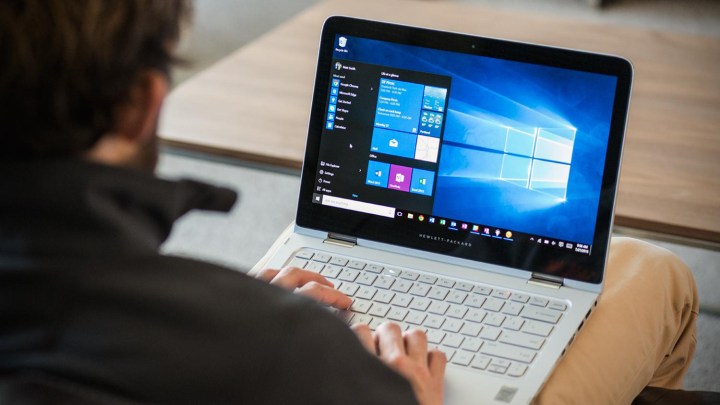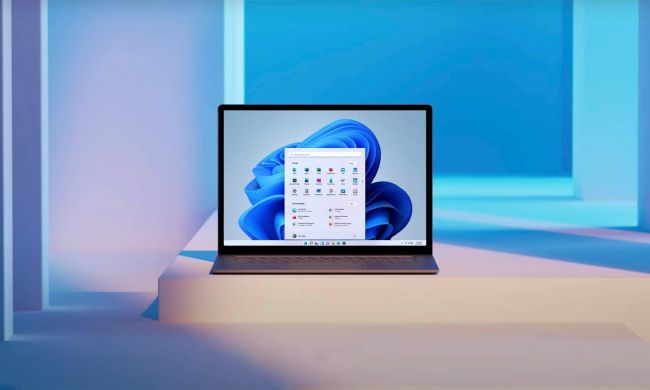
The Cellular Data app allows users to connect to an “anywhere” network offering 3G, 4G, and LTE service. Users can find and connect to the service in the wireless network section of the taskbar, as with any personal WiFi signal. By connecting to their Microsoft account, possibly through the app, users will pay for the service through the Microsoft Store. According to the app listing, the service will be compatible with Windows 10 devices using an as-yet unannounced “Microsoft SIM card.”
As with services like Project Fi and Apple’s SIM card service, Microsoft will partner with domestic and international mobile carriers to furnish the signal for their network. Microsoft’s Cellular Data app will ask users to “select a plan,” suggesting that users will buy discrete chunks of data the Microsoft Store. According to Winbeta, the service will initially launch in the U.S., France, and the U.K..
Meanwhile, French mobile carrier Transatel announced on Friday that it will provide 3G and LTE service for Microsoft SIM cards. Microsoft’s SIM cards will also be based on Transatel’s SIM 901 card.
“We want to promote the adoption of cellular connectivity on Windows tablets and laptops to complement classic Wi-Fi connectivity and make it easier for consumers to connect to the internet, anywhere, anytime,” Microsoft Vice President Eric Lockard told The Register. “The Transatel SIM 901 solution helps us reach this objective in multiple markets through a single interface.”
There are still many important questions about the service that have not been answered, including pricing and availability for both the cards and service. Hopefully, we’ll get answers when Microsoft officially rolls out their plan for the service.


